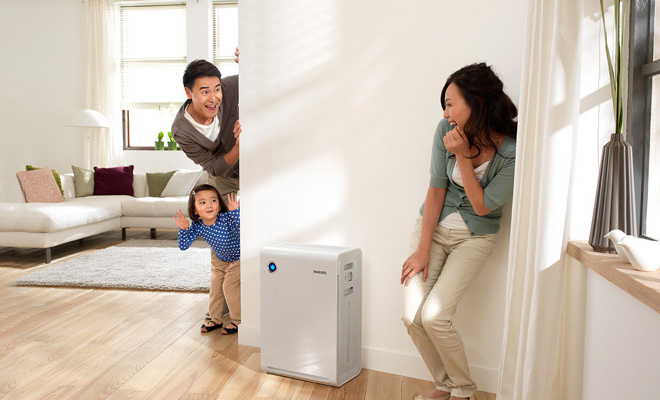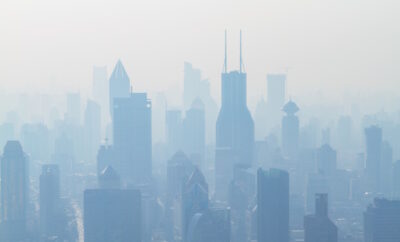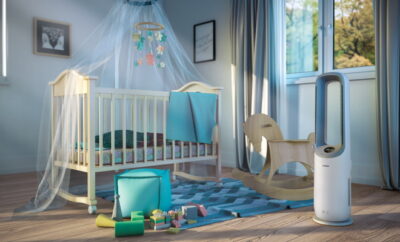
Health x Wellness
Philips Partners Industry Experts To Clear The Air
Philips initiates an educational initiative to generate awareness and help better manage indoor air quality.
Even on days without haze, the air within homes can be more polluted than outdoor air, as such the need for clean air becomes a vital need. With this in mind, Philips has partnered Singapore’s Asthma & Allergy Association (AAA), Indoor Air Quality Society (IAQS) and Temasek Polytechnic (TP) to help empower Singaporeans to take control of their indoor air health through greater understanding of how poor air is detrimental to one’s well being and the various solutions available to improve the quality of indoor air. Through an expert panel discussion, the speakers shared their views on practical ways to ensure good, clean air quality at home.
Whilst the impact and danger of poor air quality during haze season is clear to all, what is not so apparent is the impact and danger of poor air quality during other times of the year. What can be done to ensure that the air indoors is kept in check at all times? Many often try to take control of indoor air quality by closing all windows and doors and turning on the air conditioning, but on the contrary, such measures prove to be more harmful as the pollutants and contaminants are kept within the environment.
With newborns, young children and the elderly spending more than 85 percent of their time indoors as well as the fact that they are the most vulnerable segments of the population and hence prone to the adverse health effects of the contaminants in the air, it is vital to manage the air at home to help everyone breathe healthy.
“In fact, indoor air pollutants can trigger various health conditions such as skin rashes, sore eyes and respiratory tract congestion regardless of age and may cause underlying allergies like eczema, allergic rhinoconjunctivitis and asthma to flare up. People whose allergies are not optimally controlled are most susceptible.” said Dr. Liew, Paediatrician, Allergy and Immunology, SBCC Baby & Child Clinic, Gleneagles Hospital and President, Asthma & Allergy Association. Dr. Liew also added that there are ways to manage the quality of indoor air health, so of which include avoiding smoking indoors, employ appropriate allergen avoidance measures, ensuring good ventilation, and ensuring that air- conditioning and air purifier filters are clean and well-maintained.
To help improve air quality indoors, the use of an air purifier system can be considered, and a high-quality air purifier can help remove small particulate matter and allergens from the air via high efficiency filters. Also, consumers need to be aware of products with ionizer features, as the process of creating ions in the air may release the harmful by-product ozone which can be a trigger of asthma and other lung inflammatory conditions. Thus it is important that the consumer does his/her research when buying an air purifier for a home or office.
To better understand the positive impact that air purifiers can have on the overall health of households in Singapore, Philips is collaborating with Temasek Polytechnic’s (TP) Green Building and Sustainability department to conduct school and home placement tests using Philips air purifier systems. “Our focus at TP is to further our research around green building and sustainability and help find plausible solutions and answers to improving the air quality in Singapore. With the school and home placement tests, we are trying to see if we can measure how effective Philips air purifiers are, in a way that takes into account real indoor and home scenarios and circumstances. Hopefully this could set a benchmark on measuring all other kinds of air purifiers, as there isn’t an industry standard of measurement on the efficacy of the different air purifiers.” said Mr. Cheng Ming Chin, Section Head, Green Building and Sustainability, Temasek Polytechnic.









